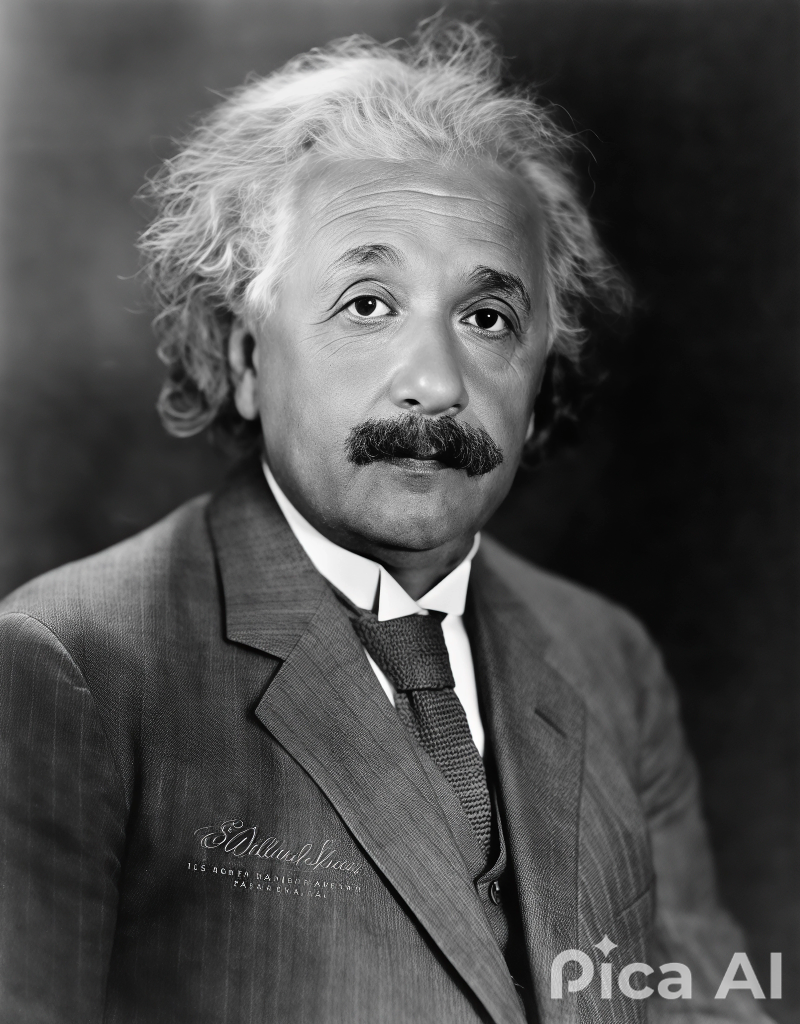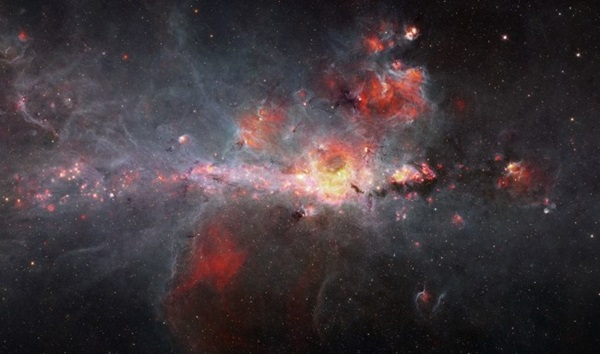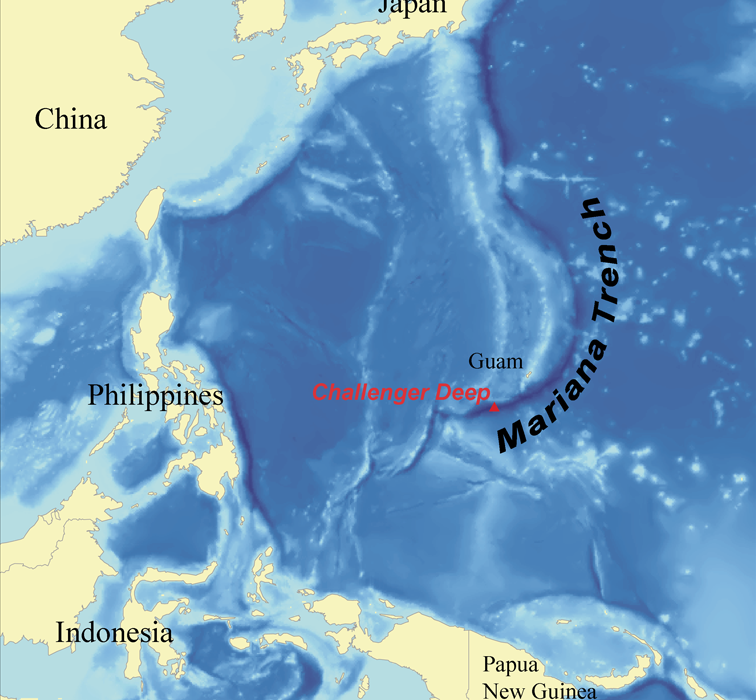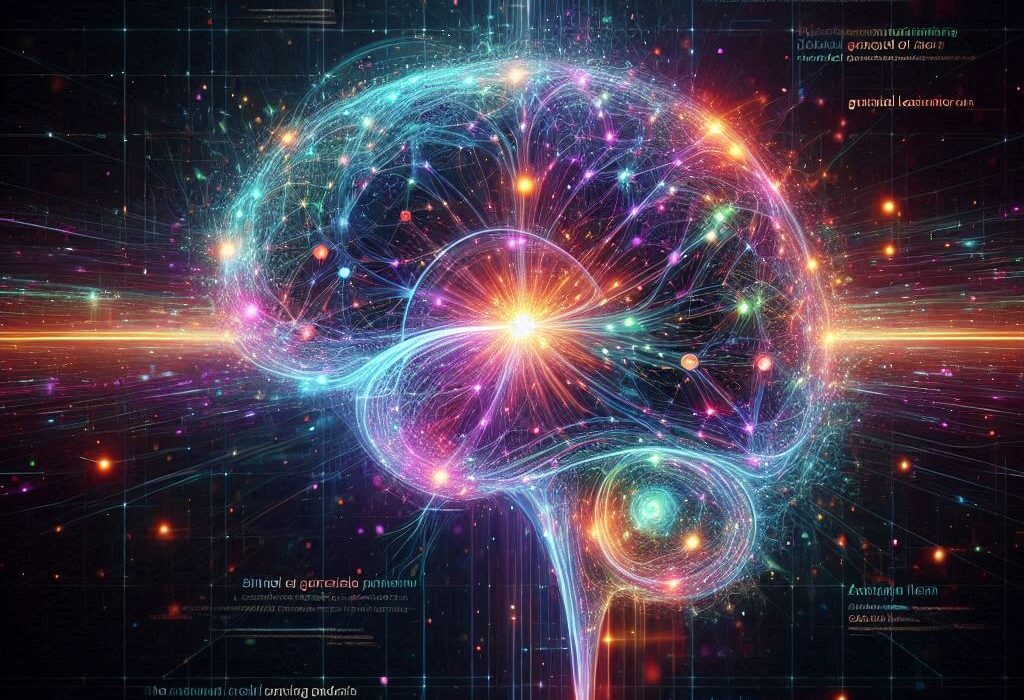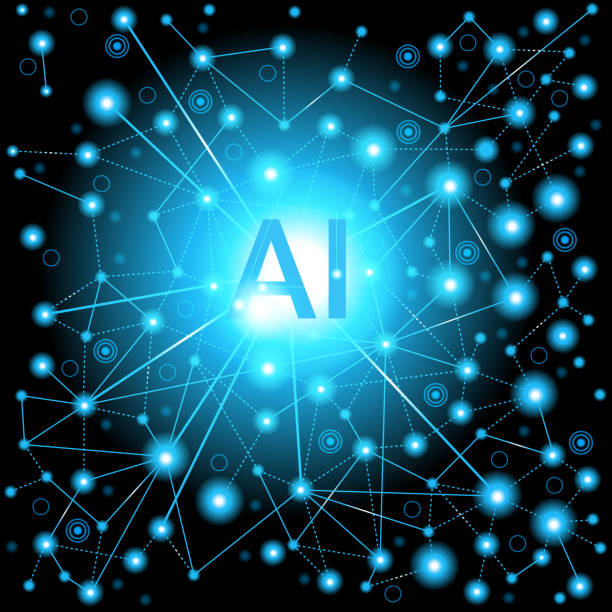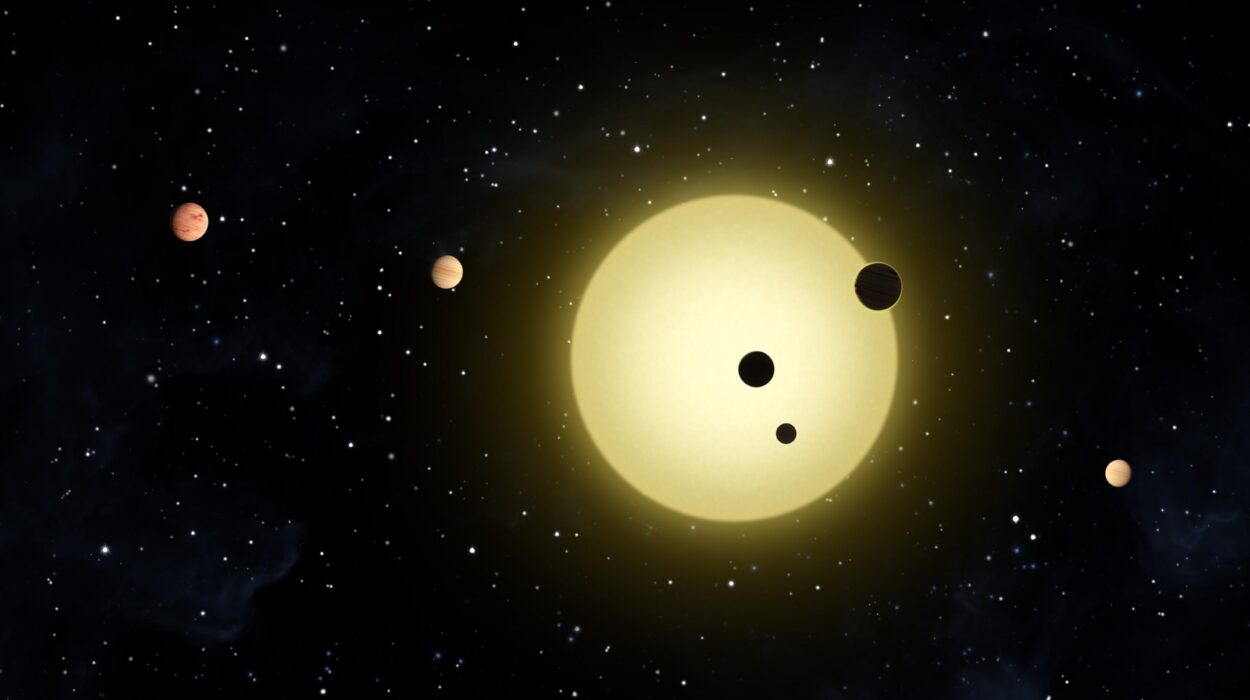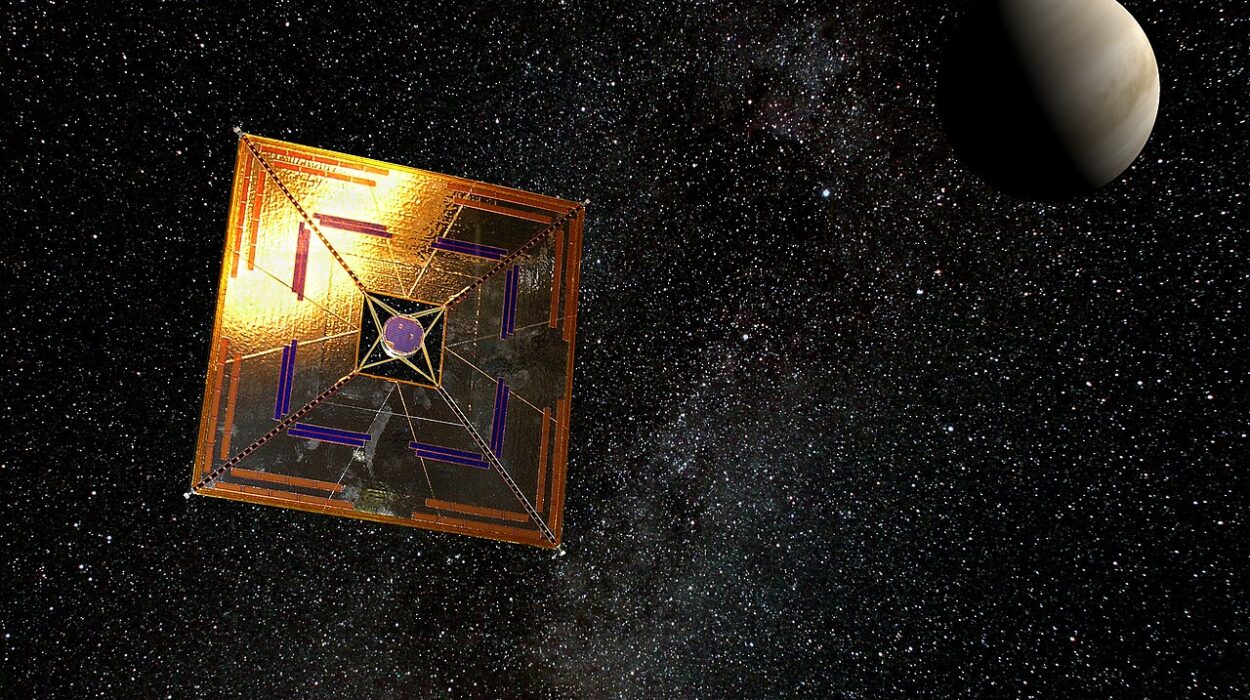Human civilization is built upon the quest to understand nature. From the smallest particles to the vastness of the universe, science has given us tools to explore, predict, and harness the forces that shape existence. At the heart of this story stand extraordinary individuals—scientists whose discoveries reshaped knowledge and transformed human destiny.
Here, we explore the lives and legacies of fifteen of the most important scientists in history. Each one unlocked secrets of the natural world, laying foundations upon which modern science still stands.
1. Isaac Newton (1643–1727)
Isaac Newton is often regarded as the most influential scientist in history. His Philosophiæ Naturalis Principia Mathematica (1687) formulated the laws of motion and universal gravitation, describing with mathematical precision how objects move on Earth and in space. Newton showed that the same force pulling an apple to the ground governed the orbits of planets, unifying heaven and Earth under one set of laws.
He also invented calculus (independently of Leibniz), developed theories of optics, and built the first reflecting telescope. Newton’s vision of a universe governed by mathematical laws defined physics for centuries. His legacy is so vast that Albert Einstein once said, “Newton, forgive me, but you found the only path that could be trod by mortals.”
2. Albert Einstein (1879–1955)
Einstein revolutionized physics with his theory of relativity, which redefined space, time, and gravity. His special relativity (1905) introduced the famous equation E=mc², showing the equivalence of mass and energy. His general relativity (1915) revealed that gravity is not a force but the curvature of spacetime caused by mass.
Einstein also contributed to quantum theory, explaining the photoelectric effect—work that earned him the 1921 Nobel Prize in Physics. His ideas laid the foundation for nuclear energy, modern cosmology, and GPS technology. Beyond science, Einstein became a symbol of creativity and intellectual freedom, showing the world that imagination is as vital to discovery as logic.
3. Charles Darwin (1809–1882)
Charles Darwin transformed biology with his theory of evolution by natural selection, published in On the Origin of Species (1859). He showed that species evolve gradually as individuals with advantageous traits survive and reproduce.
Darwin’s voyage on the HMS Beagle, especially his observations of finches on the Galápagos Islands, revealed patterns of adaptation that contradicted the idea of fixed species. His theory placed humans within the natural order, challenging long-held beliefs about creation.
Today, evolution is the central unifying concept in biology, influencing genetics, medicine, and ecology. Darwin’s work reshaped humanity’s understanding of life itself.
4. Galileo Galilei (1564–1642)
Galileo, known as the father of modern science, made groundbreaking contributions to astronomy and physics. He improved the telescope and used it to discover the moons of Jupiter, the phases of Venus, and mountains on the Moon—observations that supported the heliocentric model.
In mechanics, Galileo’s experiments with falling objects revealed that acceleration is constant, laying the groundwork for Newtonian physics. His defense of heliocentrism brought him into conflict with the Catholic Church, leading to his trial and house arrest.
Galileo’s courage and discoveries symbolize the triumph of evidence over dogma, making him one of the greatest pioneers of modern science.
5. Louis Pasteur (1822–1895)
Louis Pasteur was a giant of microbiology and medicine. He disproved the theory of spontaneous generation and proved that microorganisms cause fermentation and disease. His germ theory revolutionized medicine, sanitation, and public health.
Pasteur developed vaccines for rabies and anthrax and created pasteurization, a process that saves countless lives by preventing contamination in food and drinks. His work bridged science and society, turning laboratory discoveries into lifesaving applications.
Pasteur’s impact continues today in medicine, agriculture, and industry, making him one of the greatest benefactors of humankind.
6. Nicolaus Copernicus (1473–1543)
Copernicus shattered centuries of belief with his heliocentric theory, which placed the Sun, not the Earth, at the center of the universe. His book On the Revolutions of the Celestial Spheres (1543) challenged the geocentric model that had dominated since Aristotle and Ptolemy.
Though initially controversial, Copernicus’ theory sparked the Scientific Revolution. Galileo, Kepler, and Newton later built upon his ideas, forever changing humanity’s place in the cosmos.
Copernicus’ courage to question established authority ignited a revolution in thought that marks him as one of history’s most transformative scientists.
7. Antoine Lavoisier (1743–1794)
Antoine Lavoisier, the “father of modern chemistry,” revolutionized the study of matter. He discovered the role of oxygen in combustion, disproving the ancient phlogiston theory. He identified and named elements like hydrogen and oxygen, helping to establish the first modern chemical nomenclature.
Lavoisier also demonstrated the law of conservation of mass, showing that matter is neither created nor destroyed in chemical reactions. His textbook Elementary Treatise on Chemistry systematized the field, turning it into a modern science.
Tragically, Lavoisier was executed during the French Revolution, but his legacy endures in every chemistry classroom and laboratory.
8. Michael Faraday (1791–1867)
Michael Faraday, one of the greatest experimental physicists, discovered electromagnetic induction—the principle behind electric motors, transformers, and generators. His work laid the foundation for the practical use of electricity, which powers the modern world.
Faraday also pioneered electrochemistry and discovered benzene, contributing to both physics and chemistry. Despite having little formal education, his brilliance and intuition made him a legend.
Einstein kept a portrait of Faraday in his study, honoring the man who transformed our understanding of electricity and magnetism into forces that could be harnessed for human progress.
9. James Clerk Maxwell (1831–1879)
James Clerk Maxwell unified electricity, magnetism, and light into one set of equations—Maxwell’s equations. His work showed that light is an electromagnetic wave, bridging optics with electromagnetism.
Maxwell’s theories predicted the existence of radio waves, paving the way for modern communications technology. He also contributed to thermodynamics and statistical mechanics.
Einstein described Maxwell’s work as “the most profound and fruitful that physics has experienced since the time of Newton.” Today, every radio, phone, and satellite owes something to Maxwell’s genius.
10. John Dalton (1766–1844)
John Dalton laid the foundation of modern chemistry with his atomic theory. He proposed that all matter is made of indivisible atoms, each element composed of identical particles that combine in fixed ratios to form compounds.
Dalton also studied gases, formulating Dalton’s Law of Partial Pressures, and he was the first to describe color blindness (sometimes called Daltonism).
His atomic theory transformed chemistry from a descriptive craft into a quantitative science, making him one of the most important figures in chemistry’s history.
11. Antonie van Leeuwenhoek (1632–1723)
With his handcrafted microscopes, Antonie van Leeuwenhoek opened humanity’s eyes to an invisible world. He was the first to observe bacteria, protozoa, sperm cells, and blood cells, earning him the title “father of microbiology.”
Leeuwenhoek’s meticulous observations revealed that life existed in forms far too small to be seen by the naked eye. Though he was not formally trained as a scientist, his discoveries laid the foundation for microbiology and medicine.
By peering into the microscopic realm, Leeuwenhoek forever changed our understanding of life.
12. Gregor Mendel (1822–1884)
Gregor Mendel, a humble monk, discovered the basic laws of heredity through experiments with pea plants. He revealed how traits are inherited through dominant and recessive factors—what we now know as genes.
His principles of inheritance—segregation and independent assortment—became the foundation of modern genetics. Though ignored during his lifetime, Mendel’s work was rediscovered in 1900 and became central to biology.
Mendel’s insights into heredity revolutionized agriculture, medicine, and evolutionary biology, making him the father of genetics.
13. Werner Heisenberg (1901–1976)
Werner Heisenberg was a pioneer of quantum mechanics. He formulated the uncertainty principle, which states that it is impossible to know both the exact position and momentum of a particle at the same time.
This principle shattered classical notions of determinism, revealing the probabilistic nature of the quantum world. Heisenberg’s matrix mechanics provided the first complete formulation of quantum mechanics, shaping the future of physics.
His work profoundly influenced both science and philosophy, forcing humanity to rethink the nature of reality itself.
14. Max Planck (1858–1947)
Max Planck is remembered as the father of quantum theory. In 1900, he introduced the idea that energy is quantized, emitted in discrete packets called “quanta.” This radical idea solved the “ultraviolet catastrophe” in blackbody radiation and laid the foundation for quantum mechanics.
Planck’s discovery marked the beginning of modern physics, influencing Einstein, Bohr, and Heisenberg. Though initially reluctant to accept the implications of his own theory, Planck’s work revolutionized our understanding of energy and matter.
Without Planck, the quantum revolution—the basis of modern electronics, computers, and lasers—would never have begun.
15. Niels Bohr (1885–1962)
Niels Bohr transformed atomic physics with his model of the atom, where electrons orbit the nucleus in discrete energy levels. His theory explained atomic spectra and paved the way for quantum mechanics.
Bohr introduced the principle of complementarity, which states that particles can display both wave-like and particle-like properties, depending on how they are observed. This idea became central to quantum theory.
Bohr also played a key role in nuclear research and the development of quantum mechanics as a whole. His insights remain essential to modern physics, making him one of the greatest scientists of the 20th century.
Conclusion
From Newton’s universal laws to Einstein’s relativity, from Darwin’s evolution to Mendel’s genetics, from Copernicus’ heliocentrism to Bohr’s quantum atom, these fifteen scientists built the intellectual scaffolding of modern science. They challenged tradition, reshaped understanding, and unlocked mysteries that continue to influence technology, medicine, and philosophy today.
Their work is not just history—it is the foundation of our present and the guide to our future. Each discovery they made was a light cast into the unknown, helping humanity navigate the vast and complex universe we inhabit.
